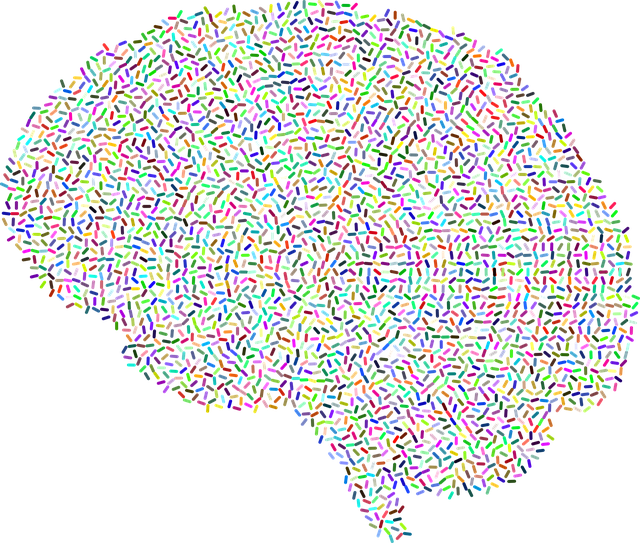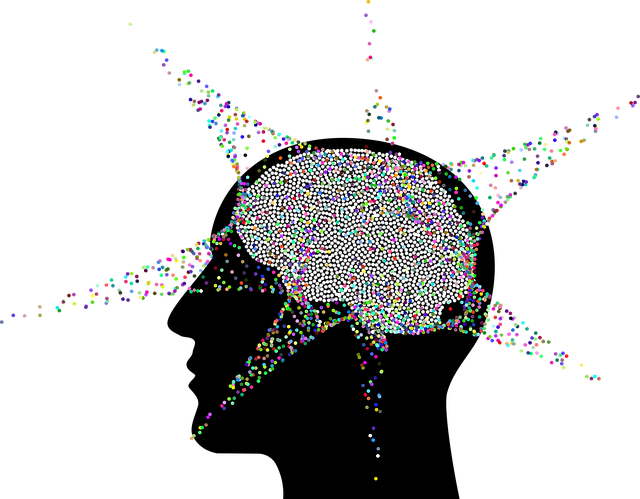Understanding Loss, Grief, and Bereavement Counseling explains how significant life changes or traumatic events can lead to conditions like Wheat Ridge Adjustment Disorder. Professional counseling, focusing on mood, stress, and resilience management through evidence-based practices, plays a crucial role in coping. Counselors create safe spaces for clients to process feelings, share memories, and explore personalized coping strategies, aiming for integrated loss and personal growth. Early recognition of prolonged complicated grief is key, with Wheat Ridge Adjustment Disorder Therapy offering tailored support and emotional regulation tools. Additionally, compassion cultivation and self-care practices enhance well-being during the grieving process.
Loss, grief, and bereavement can profoundly impact individuals, leaving them to navigate a complex emotional landscape. This article provides an insightful guide through these challenging topics. We explore understanding loss, delving into the counseling process, identifying signs of complicated grief, and highlighting the role of Wheat Ridge Adjustment Disorder Therapy in providing crucial support. Additionally, we offer practical strategies for coping and healing after loss. By addressing these aspects, individuals can find paths to effective recovery and renewed well-being.
- Understanding Loss, Grief, and Bereavement Counseling
- Identifying Common Signs and Symptoms of Complicated Grief
- The Role of Wheat Ridge Adjustment Disorder Therapy in Grief Support
- Strategies for Effective Coping and Healing After Loss
Understanding Loss, Grief, and Bereavement Counseling

Understanding Loss, Grief, and Bereavement Counseling
Loss, grief, and bereavement are complex emotional responses to significant life changes or traumatic events. When faced with the death of a loved one or another profound loss, individuals often experience a range of feelings, from deep sorrow and anger to confusion and guilt. This period can be immensely challenging, leading to what is commonly known as the “Wheat Ridge Adjustment Disorder.” Such an adjustment disorder arises from the body’s natural stress response, affecting one’s ability to cope with the loss. Therefore, seeking professional help becomes crucial for navigating this difficult phase.
Grief counseling and therapy play a pivotal role in helping individuals process these complex emotions. Through evidence-based practices, counselors facilitate mood management, stress management, and resilience building. They create a safe space for clients to express their feelings, share memories, and explore coping strategies tailored to their unique experiences. The goal is not to rush the healing process but to support individuals in finding healthy ways to integrate their loss into their lives while fostering personal growth.
Identifying Common Signs and Symptoms of Complicated Grief

The journey through grief is highly personal, and what one person experiences can differ vastly from another’s. While many individuals may exhibit typical signs of mourning—such as intense sadness, isolation, and a sense of emptiness—some may struggle with what is known as complicated grief. Recognizing these symptoms early on is crucial for seeking appropriate support, like Wheat Ridge Adjustment Disorder Therapy. This type of grief often persists for an extended period, interfering with daily functioning and the ability to adapt to life without the lost loved one.
Communication strategies and mindfulness meditation can be valuable tools in navigating complicated grief. Some individuals may benefit from joining a community outreach program where they can connect with others going through similar experiences. These platforms offer opportunities for sharing stories, exchanging coping mechanisms, and providing mutual support. By employing these communication techniques, individuals can process their emotions, gain insights into their grieving process, and eventually find healthy ways to integrate their loss into daily life.
The Role of Wheat Ridge Adjustment Disorder Therapy in Grief Support

Wheat Ridge Adjustment Disorder Therapy offers a specialized approach to grief support, focusing on helping individuals navigate the complex emotions associated with loss. This therapeutic method recognizes that bereavement is a unique and highly personal journey, where each person copes differently. By providing a safe and non-judgmental space, counselors facilitate open discussions about grief, allowing clients to explore their feelings and work through them in a healthy manner. The therapy aims to empower individuals to develop effective coping strategies, enhance their problem-solving skills, and ultimately foster resilience in the face of loss.
Through various techniques, such as crisis intervention guidance and stress reduction methods, Wheat Ridge Adjustment Disorder Therapy assists clients in managing intense emotions like anger, sadness, and anxiety. By learning practical tools for emotional regulation, individuals can improve their overall well-being during what is often a challenging period. This approach not only supports the grieving process but also equips people with long-lasting resilience-building skills to cope with future stressors.
Strategies for Effective Coping and Healing After Loss

After experiencing a significant loss, effective coping strategies become essential tools for healing and adjustment. One effective approach is to engage in Wheat Ridge Adjustment Disorder Therapy, which provides individuals with a safe space to process their emotions. Therapists skilled in this area offer guidance tailored to each person’s unique journey of grief, helping them navigate the complex landscape of loss. By exploring feelings, memories, and memories associated with the deceased, individuals can begin to integrate these experiences into their lives.
In addition to professional therapy, Compassion Cultivation Practices and Self-Care Practices play a pivotal role in coping. Practicing mindfulness, engaging in acts of kindness, and adopting healthy habits contribute to anxiety relief and promote emotional well-being during the healing process. These practices encourage individuals to cultivate compassion for themselves and others, fostering a sense of connection and support that can be transformative in managing grief.
Loss, grief, and bereavement counseling play a pivotal role in helping individuals navigate the complex landscape of emotional healing after a significant loss. By understanding the unique challenges associated with these processes, such as the potential for complicated grief, seeking support through therapy like Wheat Ridge Adjustment Disorder Therapy can be life-changing. This approach offers valuable tools for coping and fosters sustainable healing. Adopting effective strategies outlined in this article empowers folks to honor their emotions, find solace, and gradually rebuild their lives after loss.














